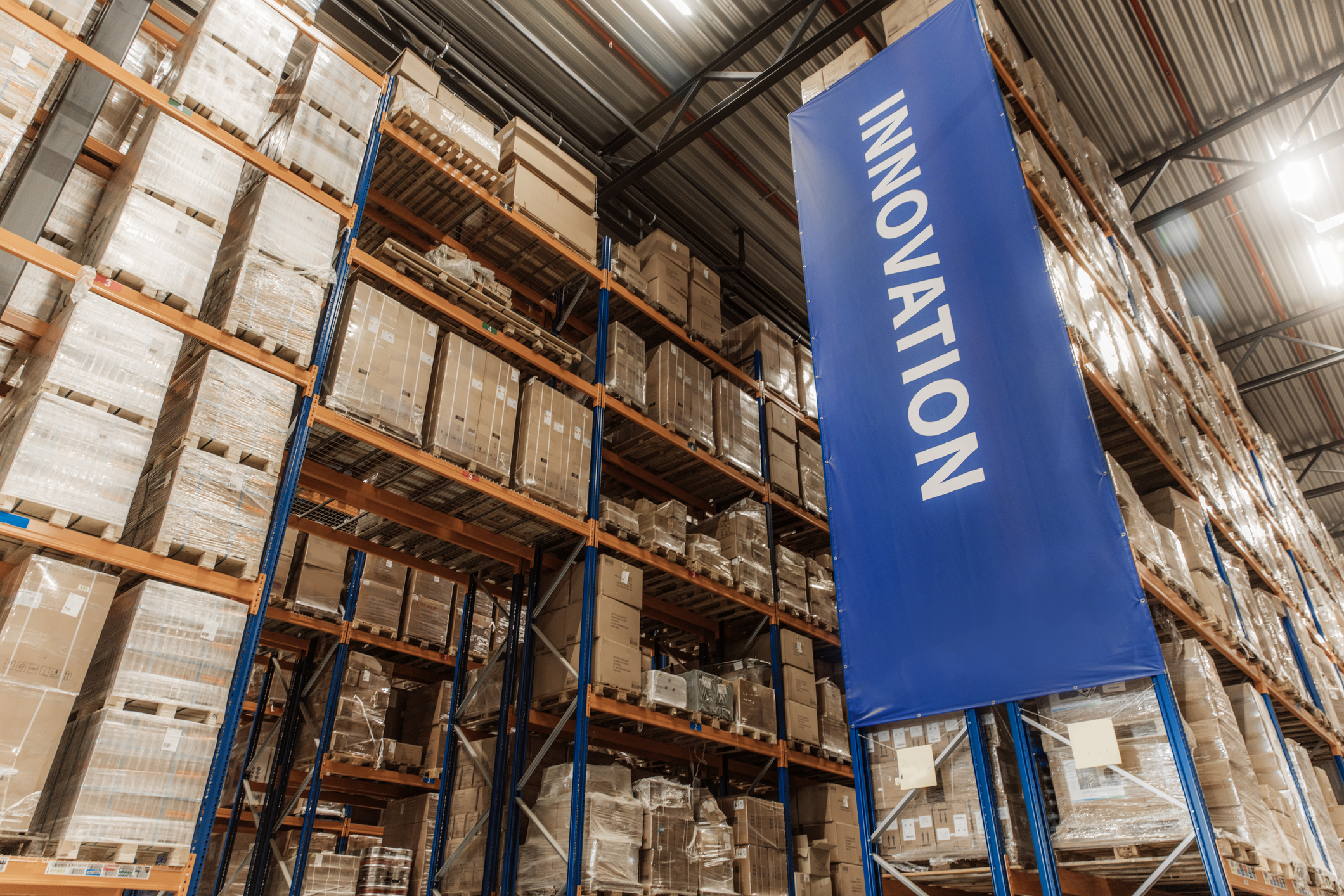The Future of Warehouse Management: Key Trends for 2025

In an industry that is always on, staying ahead can feel like being on a hamster wheel while juggling every box on the shelf, but these key trends for 2025 are here to save you time and energy, while increasing efficiency and the bottom line.
New innovations in WMS technology mean that you can focus on the job you signed up for, and leave the automations, evolution, and development to your WMS - and the team at Optima.
The key warehouse management trends for 2025
Automation Advancements
WMS automation advancements are already on the rise. With automated workflows for picking, packing, and shipping, we’re seeing businesses save time, reduce errors, and improve efficiency. Automations like these also help with customer queries and to improve customer service, offering a seamless and trackable approach that flows with WMS automation.
Real-time Inventory Tracking
Reactive opportunities are hard to schedule time for, naturally. But with real-time inventory management, businesses and warehouses can allow room for this type of activity. Real-time tracking of course enhances order accuracy and customer satisfaction, but it also gives you true data of what is working, what is selling, and that data can be used to influence sales, promotions, and future business planning, too.
Optima’s system capabilities like barcode scanning and live stock updates make this a reality.
Data takes the front seat
2025 will see data become even more of a core tool than we have seen before. Data is a driver and we know this to be true, but we are going to see an even deeper understanding and increased use of data in business planning and growth as markets become more saturated and we look for new ways to acquire customers and clients, and stand out from the competition.
Customizable reporting tools can help you leverage advanced analytics for operational efficiency and growth, all within the Optima platforms.
Cross channel integrations
Having all systems sing to each other will be key. Gone are the days of manual imports and cross-referencing systems and orders, integrations are top of the agenda. Having a WMS that integrates with ERP, CRM, and e-commerce platforms will supercharge business operations. Having these flexible WMS integrations means that businesses and warehouses will be able to be more agile, effective, and use their data in a more impactful way.
Sustainability in Warehousing
As temperatures rise and climate change creeps higher up the agenda, many businesses, clients, and customers are looking for warehouses and solutions that care about the same things they do. Waste management and carbon footprinting are just two aspects that haven’t always been top of the agenda in warehousing, but 2025 will see this come to the forefront of conversations.
By utilising Optima's powerful Consumables module, businesses can take control of non-stocked items like packaging, labels and promotional goods. By tracking these consumables, you can reduce unnecessary waste significantly, cutting down on landfill and unnecessary procurement, which can also result in lower transport-related emissions and overall carbon footprint. The result is not just cost saving but a meaningful step towards more sustainable and environmentally responsible warehouse management.
Optima’s Role in Future-Proofing Warehousing
Optima is an expert in WMS with tools and capabilities to scale your operations and stay seamless in the process.
From WMS automation to real-time inventory tracking, flexible integrations to setting up your warehouse for the future of sustainability and carbon footprinting, we can help. Our products and services are here to help you set up for success and scaling.
Book a demo to see how we can enhance your operations, and explore how we can help you grow.

